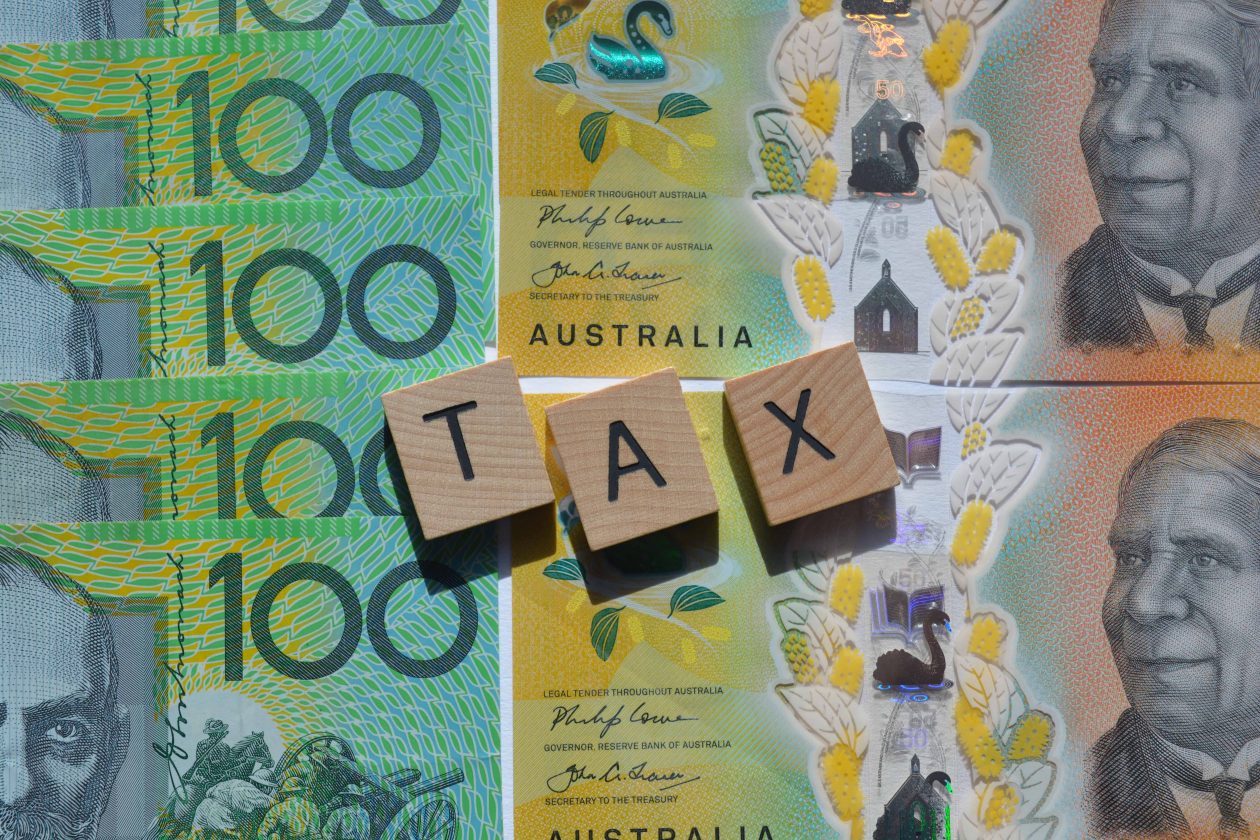The Australian Taxation Office has issued a reminder to Australian crypto investors to report any gains on their tax return, concerned that some crypto holders may believe any gains are tax-free until they are cashed out. Around 100,000 taxpayers will be sent a warning letter explaining their obligations and urging them to check previous lodgings. A further 300,000 people are expected to be prompted as they lodge their 2021 tax return.
Based on data shared by local crypto exchanges, the ATO reports that over 600,000 Australians have started investing in crypto in recent years. Cryptocurrencies are regarded as assets in Australia, and are subject to capital gains tax just as any other investment.
“We are alarmed that some taxpayers think that the anonymity of cryptocurrencies provides a license to ignore their tax obligations,” said Tim Loh, ATO assistant commissioner, in a media statement.
Accountants in Australia who specialize in cryptocurrency are welcoming the announcement, recognizing some aspects of the tax law surrounding the nascent asset class can be confusing. One such hurdle can arise when staking in crypto investments accounts. Such activity is considered a disposal, so any gains must be reported when placed into and taken out of the account.
“From what we can tell from people coming to us is that not many accountants do have the skill set necessarily to process all this tape,” says Drew Pflaum of Munro’s Cryptocurrency Accountants, in an interview with Forkast.News. “I do find that a little bit concerning from two angles; one, you’re not reporting correctly, but two, also you might be missing out on some tax concessions, predominantly the capital gains tax discount.”
The ATO suggested it will mainly target those who purposely avoid paying taxes on their crypto earnings and be lenient on those who have simply made an honest error in reporting.
“If you realize you’ve made a mistake and correct your return we will significantly reduce penalties,” the ATO said. “However, failing to report on crypto-assets and not taking action when reminded will prompt penalties and potentially an audit.”
But those who still fail to report could see fines of anywhere from 25% to 95% of the tax shortfall plus interest. With the adoption of cryptocurrencies in Australia being so widespread, Pflaum does not believe there is any excuse for accountants to not be aware of their reporting obligations.
“It wasn’t necessarily the case maybe four years ago, but at this stage, accountants should absolutely be aware of the tax implications of cryptocurrency and advise their clients about the obligations,” Pflaum said.





